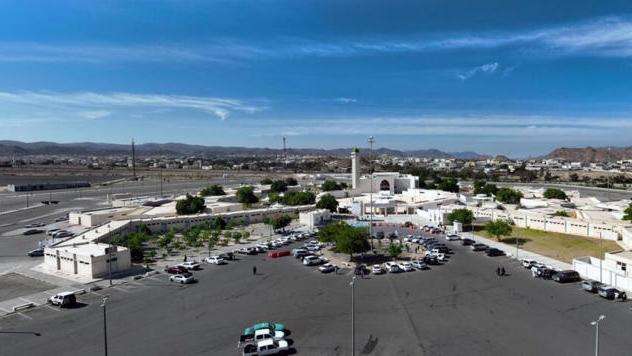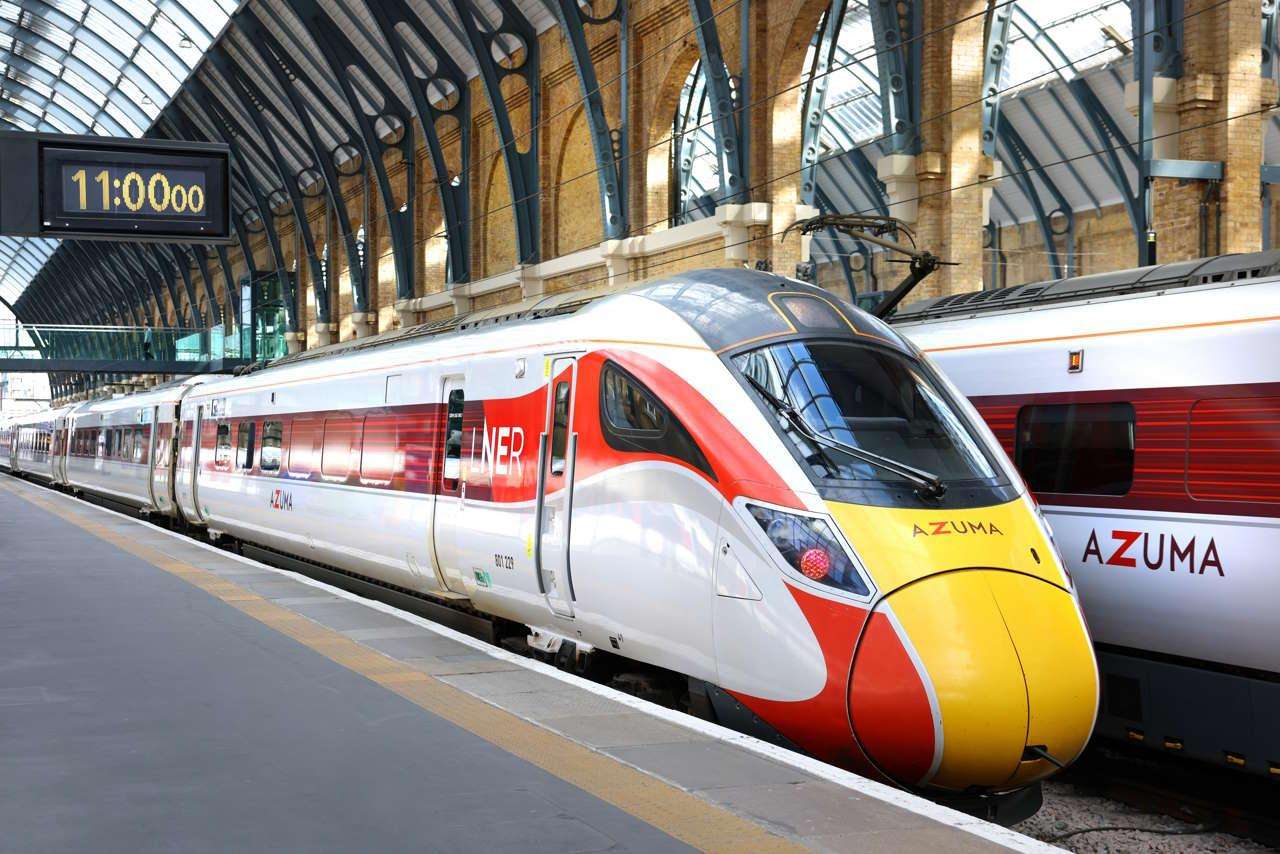On the day of England's Euro 2024 final, some train drivers and other on-board employees refused to work overtime, resulting in the cancellation of hundreds of trains on Sunday.
At short notice, the Great Western Railway (GWR), London Northwestern Railway, Northern, and West Midlands Railway all cancelled Sunday's scheduled services.
Numerous operators frequently rely on train drivers and other crew members to volunteer to work extra paid shifts on Sundays in order to run scheduled services, as many of them do not have Sunday duty covered in their contracts.
Unions must give 14 days’ notice of official strike action, but drivers can wait until just a handful of days in advance before confirming if they will work on a rest day.
GWR passengers were advised not to attempt to travel after 6pm on Sunday, as services were expected to be severely disrupted.
The operator said “sickness and England reaching the final of the Euros [is] likely to reduce the number of colleagues available for overtime shifts”.
This led to disruption on routes between London Paddington and places like Bristol, Swindon and Cheltenham.
Publicly-owned Northern told passengers that some routes “in and around the north-west [of England] may be subject to disruption and very short notice cancellations”.
The operator axed all services on a number of routes, such as between Manchester Victoria and Clitheroe, between Manchester Piccadilly and Stoke on Trent, and between Preston and Colne.
London Northwestern Railway said it expected to be hit by a “lack of available train crew at key locations across our network”.
There were similar issues on the day of England’s opening Euro 2024 match against Serbia on June 16, which was also a Sunday.
Louise Haigh, the Transport Secretary, said: “Fourteen years without a workforce strategy has left our railways understaffed, reliant on voluntary working and lurching from one crisis to the next.
“Our urgent priority is to reset workforce relations and put passengers first.”



_7.jpg)




.svg)


